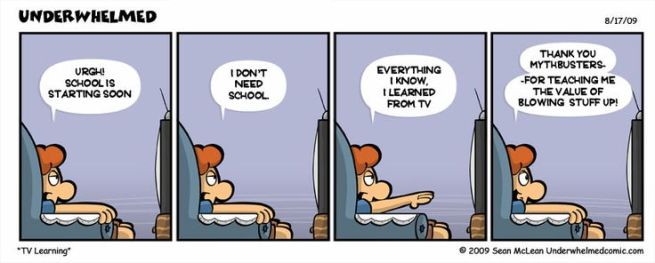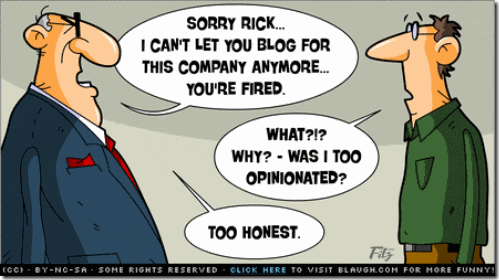Stories, in general, fascinate me. It doesn’t matter which medium they are told in. Stories are a huge part of my life, so it’s not a surprise that I’m a big movie buff.
Recently, I watched People Places Thing, which was directed and written by James Strouse. It stars Flight of the Conchords’ Jemaine Clement and The Daily Show’s Jessica Williams. The movie was both plot-driven and dialogue-driven. The script stood out, at times, shadowing the acting. The dialogue was witty, strong, and at times, sarcastic. I loved it! I’m into that kind of storytelling.
The movie made me think about all the things I have learned about storytelling from television. Movies are all about “showing,” a vital skill and method for writers. The old “show – don’t tell” advice is real; very real.

Movies and television can also teach us about story structures. One of my favorite romance writers, Nalini Singh, often talks about how she learned about world-building from authors like Anne McCaffrey and about creating “series arcs” from watching television shows like Heroes. So far, Nalini has written a series of successful and intriguing paranormal and romance books, the Psy-Changelings series.
Movies like Amélie, The Eternal Sunshine of a Spotless Mind, and American Beauty can teach us plenty about “showing” versus “telling.” Have you ever read a screenplay? Read one, and also, try writing one. Successful scripts are all about the “showing.” Once in a while, I give myself the challenge of writing a small script to exercise the “writing muscles.” Yes, I’m convinced that the brain is muscle, and we can train it.
As if it were the business of destiny, I walked onto the college campus and right through the doors of the media department. I received the opportunity to make four student short films (or movies). The shorts were terrible, but I learned plenty about what making a film entails. I also had the chance to write, direct, and edit all of those. It was an enjoyable experience.
I learned that editing was my favorite part of filmmaking. The editing was the moment when and where the story came together. I got to reshape and form the story guided by the strength of the acting and the quality of the writing. Now, when I write something bad, I’m comforted by the possibilities of editing.
I’m curious about you guys. What inspires you to write?
Best,
Steph

 The English-speaking publishing world has tied itself in a knot in the attempt to address the need for diverse books in the last decade. It’s a topic of interest to me, as a person of color, as an avid reader, and as a consumer of art. Honestly, there is something gratifying about picking up a book or watching a movie in which the characters and I share the same culture, food, and stories. It’s the familiarity of the characters’ worlds that makes me feel at home and less alone. Many of us find solace in stories; it’s one of the reasons why stories are important. It is also equally exciting to learn about cultures that are different from my own.
The English-speaking publishing world has tied itself in a knot in the attempt to address the need for diverse books in the last decade. It’s a topic of interest to me, as a person of color, as an avid reader, and as a consumer of art. Honestly, there is something gratifying about picking up a book or watching a movie in which the characters and I share the same culture, food, and stories. It’s the familiarity of the characters’ worlds that makes me feel at home and less alone. Many of us find solace in stories; it’s one of the reasons why stories are important. It is also equally exciting to learn about cultures that are different from my own.



